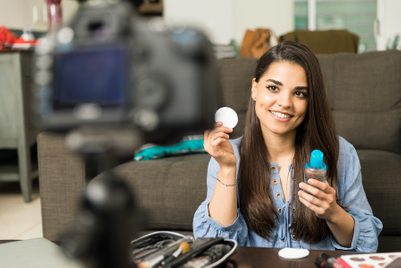AUSTRALIA - Kids’ media consumption in Australia has increased over the past year, with their total spending power rising to A$1.8 billion (US$1.38 billion) annually, according to Cartoon Network’s annual New Generations 2016 report.
The report revealed that TV ads are still the most effective vehicle for reaching children, with watching TV remaining the top media consumption activity for kids. Ninety-two percent of children watched TV in the last month—up 8 percent, with most tuning in to watch cartoons.
The report also highlighted that kids prefer ads that feature comedy and characters, with Captain Risky (Budget Direct) the most liked ad for kids, followed by Unicorn Pooping (Squatty Potty) and McDonald’s.
Three times more kids find ads on TV funny compared to ads on social media and twice as many children notice ads on TV compared to social media. A significant 58 percent of parents surveyed cited TV as the most influential advertising platform for kids.
David Webb, director of research at Turner Asia Pacific, parent company of Cartoon Network and sister-brands Boomerang, POGO and Toonami, noted that it was "interesting" to see that, even as children are creating their own online video content, and despite the popularity of social media, TV ads are still significantly more effective for reaching them.
"Also, that regardless of the platform, relatable and humorous content generally cuts through and resonates with young audiences—a demographic with considerable purchasing influence," he added.
The report uncovered a 33 percent increase in kids watching and posting videos online and a 7 percent increase in kids’ pocket money, to an average of A$556 (US$427.21) a year, including gift money. Kids are also well connected, with 86 percent jumping online in the past month, up 12 percent.
When it comes to social media, Facebook is still the top platform for kids, but children spend more time on Snapchat. Almost a third of Snapchat users spend up to an hour and a half on the platform each day, compared to a quarter of Facebook users.
The social media usage increases dramatically with age—multiplying by five times as children grow from 7 to 9 years old to 13 years of age. Parents have the most safety concerns for children with YouTube and Facebook, with kids’ TV channels the most trusted media.
The report also highlighted key concerns of Australian parents in relation to their kids’ financial futures, revealing that 70 percent of parents are worried about their kids’ capacity to buy property in the future.
This was the primary concern, ahead of their children’s ability to save money (56 percent), afford university tuition (50 percent) and support a family/kids of their own (46 percent).
It surfaced that parents are looking to banks for education on financial literacy, with 42 percent saying that banks should take the lead on educating children on the topic.
This has highlighted an opportunity for financial institutions to attract more customers, with almost half of parents responding that they would be more likely to open an account with a bank that offered educational programs.
The study, now in its twelve year, surveyed a group of more than 1,000 individuals, comprising children aged 4 through 14 and their parents, to gain insights into kids’ media habits and trends.










































.jpg&h=334&w=500&q=100&v=20250320&c=1)
.jpg&h=334&w=500&q=100&v=20250320&c=1)
.jpg&h=334&w=500&q=100&v=20250320&c=1)



.png&h=334&w=500&q=100&v=20250320&c=1)

.png&h=334&w=500&q=100&v=20250320&c=1)








